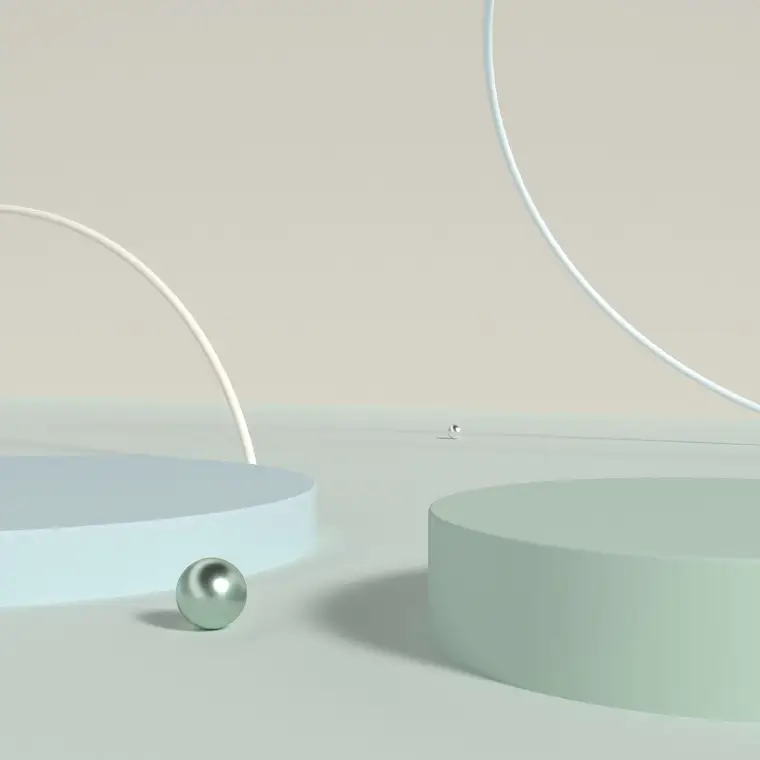
Childhood trauma is a concern for many parents. Adverse experiences caused by traumatic events can have a lasting effect.
And many childhood mental health problems are linked to trauma. We understand that it’s often hard to know what to do when our children are in long-term distress. Read on to learn about the symptoms and diagnosis of child trauma, and how to get treatment.
What is child trauma?
To begin with, it’s important to define what trauma is. In short, trauma happens when a person goes through painful or unsettling life events. These can be one-off major incidents, such as being in an accident or losing a family member. Trauma may be due to an event occurring now or one that took place in the past. Or there can also be smaller or prolonged events that build up to cause distress in children and young people. For example, a parent leaves to work away from home for an extended period, followed by a pet dying and a change of school. These smaller events in isolation may not cause a traumatic response. But when they come together in quick succession it becomes overwhelming. Often, children cannot express their problems. This makes it difficult to distinguish when something is affecting them. This means that, as parents, you should look out for the signs below.
Child Trauma symptoms
Although the effects of trauma vary, children and young people typically develop one or more of the following symptoms.
Flashbacks (reliving distressing images or sensations)
Behavioural difficulties (irritability, aggression, eating less or more than usual)
Phobias or avoidance of things and situations relating to the distressing event(s)
Emotional numbing (being withdrawn and trying not to feel anything)
Physical signs such as pain, sweating, stomach problems or trembling
Low mood
Re-enacting an upsetting event repeatedly through play
Difficulty concentrating
General anxiety or depression
Self-harming or other destructive behaviour (such as substance abuse)
Nightmares
Obsessive compulsive disorder (OCD)
Sleep difficulties (insomnia)
Difficulties with relationships
Separation anxiety
There may be other issues not listed here, so please contact a mental health specialist if you have any concerns.
Diagnosing child trauma
At Kove, we specialise in assessment and intervention for children and their families. We can provide personalised options for young people experiencing trauma and PTSD (post-traumatic stress disorder). Our child psychologist gets their first impression of a child’s mental well-being using a questionnaire. We ask the child and their caregivers to complete this evaluation. This enables us to investigate further to determine your needs. We also interview the young person face-to-face and, in a separate interview, their parent(s) or guardian(s). Trauma affects a person’s thoughts, feelings, and behaviour. It is something everyone can relate to, but most find it very hard to talk about. This is why we take the time to get to know you and your child. And we create the space to develop a trusting relationship with your family. If necessary we can also observe the child to diagnose any behavioural issues.
Treatments for child trauma
Trauma can happen to anyone, at any age. Serious, adverse experiences can affect a child’s mental, physical and social development.
To prevent short-term childhood trauma from becoming a long-term adult mental disorder, it’s what you do next that matters. We provide a comprehensive, evidence-based child trauma treatment programme. The choice of treatment varies according to the age, type of trauma and symptoms of the young person.
Cognitive behavioural therapy
Evidence supports cognitive behavioural therapy (CBT) as a treatment for childhood trauma. CBT is a talking therapy that we can adapt to suit the needs of the young person. Trauma-focussed cognitive behavioural therapy offers a way to: Express feelings, Break negative thinking patterns, Stop self-destructive reactions. Your child will learn ways to reframe unhelpful thoughts and improve their behaviour and feelings. When trauma affects the bond between a young child and their primary caregiver, we call this attachment-based trauma. These could be experiences such as family breakdown, an illness or death in the family. In these cases, we may use specific attachment-based therapies. They help someone (of any age) to cope with the consequences of previous traumas.
EMDR
For treating PTSD symptoms, EMDR therapy is gaining increasing support. EMDR stands for eye movement desensitisation and reprocessing. Through EMDR, patients learn to address experiences that overwhelmed their coping mechanisms. The therapy helps individuals to ‘reprocess’ painful memories until they become less disruptive.
Other Child Symptoms

Behavioural Difficulties
Join us now to discuss how to enhance your relationship with your children and effectively manage their behavioral difficulties with less stress. Let’s work together towards a happier and healthier family dynamic.

Anxiety
If you are concerned about your child’s anxiety, don’t hesitate to reach out to us. As trusted anxiety specialists based in London, we are here to help. Let’s work together to address your child’s concerns and find effective solutions. Contact us today.

